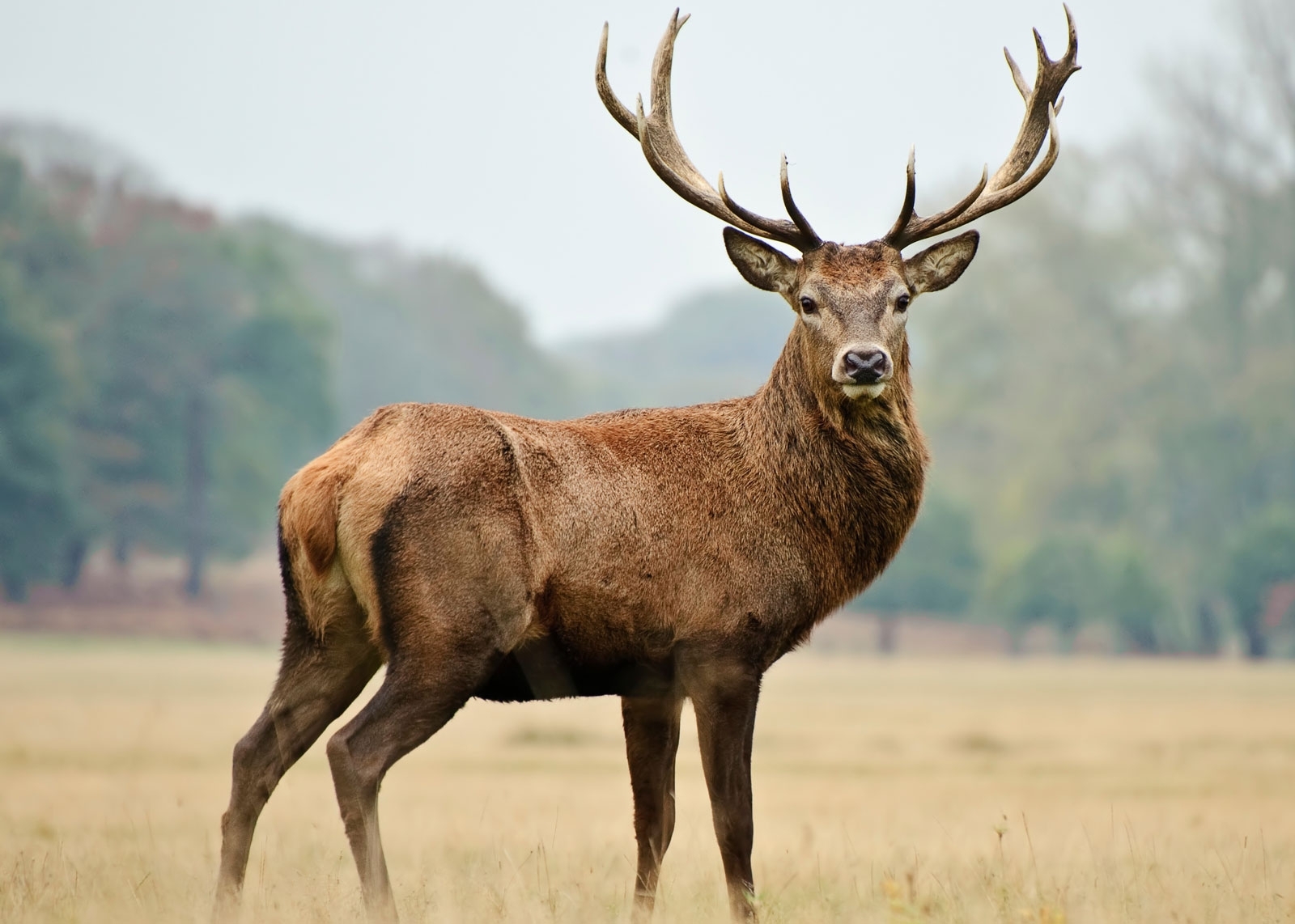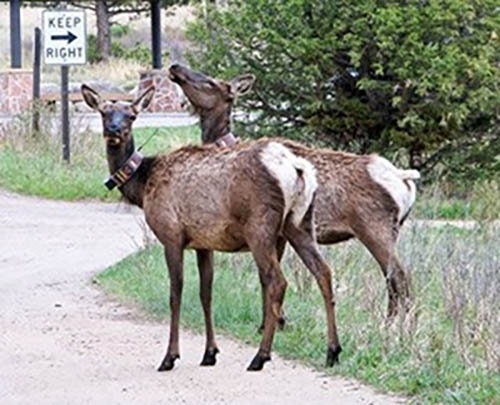APHIS in Action: APHIS Drives Research to Combat Chronic Wasting Disease

The threat of Chronic Wasting Disease (CWD) looms over the populations of deer, elk, moose, reindeer, and muntjacs across North America. As a transmissible cervid neurological disease, CWD presents a significant challenge to wildlife management and conservation efforts. Amidst this challenge, the Animal and Plant Health Inspection Service (APHIS) is a guardian in combatting the spread of this illness.
CWD poses a multifaceted threat to the ecological balance and biodiversity of our forests and grasslands. APHIS took proactive measures to address this threat through a combination of surveillance, research, and partnerships with organizations across America.

Surveillance is the cornerstone of APHIS’ strategy in monitoring and tracking the spread of CWD. APHIS collaborates with state wildlife agencies to conduct extensive testing of cervids to detect the presence of the disease. This surveillance network enables early detection, essential for implementing timely management interventions.
Research plays a vital role in understanding the transmission dynamics and epidemiology of CWD. APHIS invests in scientific studies to unravel the intricacies of the disease, including its routes of transmission and potential risk factors. Such insights inform the development of targeted management strategies to mitigate the spread of CWD within and across wildlife populations.
APHIS fosters collaboration and partnerships with stakeholders ranging from wildlife managers and researchers to hunters and landowners. These collaborative efforts facilitate the exchange of knowledge, resources, and best practices in CWD management, enhancing the collective resilience against this disease.
Moreover, APHIS provides millions of dollars each year to State and Tribal governments, universities, and others to control CWD in wild and farmed cervids.. These funding opportunities range from $500,000 to $6 million.
In 2023, APHIS awarded more than $12.2 million in grants to fund research efforts for wild, farmed, and tribal populations. Some of the funds were used to develop genomic predictions for selective breeding to reduce farmed White-tailed deer susceptibility to CWD, expand educational outreach to farmers and veterinarians, and increase response efforts when CWD is detected. You can learn more about these projects and open opportunities for funding here.
The battle against CWD demands a concerted and coordinated effort, and APHIS stands at the forefront of this endeavor. APHIS continues to uphold its commitment to safeguarding the health and integrity of our wildlife populations and preserve the rich tapestry of life that inhabits our forests and plains.
#
USDA is an equal opportunity provider, employer, and lender.

